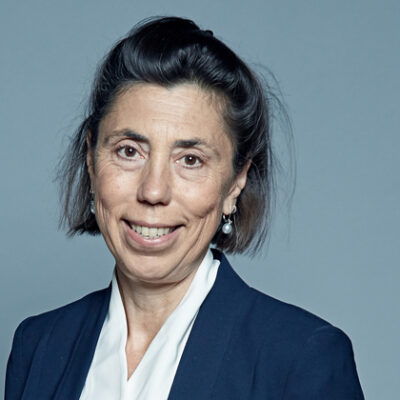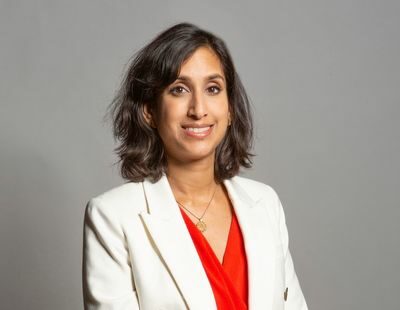The Department for Education has finally confirmed the briefs of its new ministers, almost two weeks after the reshuffle that saw Nick Gibb, Robert Halfon and Gillian Keegan return to the team.
As expected, Gibb has returned to the schools brief, though he is now simply known as minister of state for schools, not school standards minister, which was his brief until last year and then held by successors Robin Walker, Will Quince and Jonathan Gullis.
Claire Coutinho is a junior minister for children, families and wellbeing. This replaces the schools and childhood brief held by her predecessor Kelly Tolhurst.
Baroness Barran, the academies minister, also has a different official title. She is now minister for the school system and student finance.
Halfon is minister of state for skills, apprenticeships and higher education, a bigger brief than the one he held at the department between 2016 and 2017, when he was just minister for apprenticeships and skills.
In a further sign that Liz Truss’s plan to lift the ban on new grammar schools is dead in the water, the word “selection”, which previously appeared in Tolhurst’s brief, is nowhere to be seen.
Gillian Keegan, education secretary

Early years and childcare
Children’s social care
Teacher quality, recruitment and retention
The school curriculum
School improvement
Academies and free schools
Further education
Apprenticeships and skills
Higher education
Nick Gibb, schools minister

School accountability and inspection (including links with Ofsted)
Standards and Testing Agency and primary assessment
Supporting a high-quality teaching profession including professional development
Supporting recruitment and retention of teachers and school leaders including initial teacher training
Teaching Regulation Agency
National Tutoring Programme
School revenue funding, including the national funding formula for schools
Pupil premium
School food, including free school meals
Qualifications (including links with Ofqual)
Curriculum including relationships, sex, and health education and personal, social, health and economic education
Behaviour, attendance and exclusions
School sport
Digital strategy and technology in education (EdTech)
Admissions and school transport
Baroness Barran, academies minister

Regulatory review and overall approach to academisation
Intervention in underperforming schools and school improvement
Academies and multi-academy trusts
School governance
Education Investment Areas
Free schools
Faith schools
Independent schools
School capital investment (including pupil place planning)
School efficiency and commercial policy
Departmental data strategy
Student finance (including the Student Loans Company)
Safeguarding in schools and post-16 settings
Counter extremism in schools and post-16 settings
Home education and supplementary schools
Departmental efficiency and commercial policy
Claire Coutinho, children’s minister

Special educational needs and disabilities (SEND), including high needs funding
Alternative provision
Children’s social care
Children in care, children in need and child protection
Adoption and care leavers
Early years and childcare
Family hubs and early childhood support
Disadvantaged and vulnerable children
Children and young people’s mental health
Policy to protect against serious violence
Freedom of speech in education
Online safety and preventing bullying in schools
Robert Halfon, skills and higher education minister

Overall strategy for post-16 technical education
T-levels and transition programme
Qualifications reviews (levels 3 and below)
Higher technical education (levels 4 and 5)
Apprenticeships and traineeships
Further education workforce and funding
Institutes of Technology
Local skills improvement plans and Local Skills Improvement Fund
Adult education, including basic skills, the National Skills Fund and the UK Shared Prosperity Fund
Careers education, information and guidance including the Careers and Enterprise Company
Technical education in specialist schools
Relationship with the Office for Students
Higher education quality and reform
Lifelong Loan Entitlement
Student experience and widening participation in higher education
Funding for education and training, provision and outcomes for 16- to 19-year-olds
College governance and accountability
Intervention and financial oversight of further education colleges
Reducing the number of young people who are not in education, employment or training
International education strategy and the Turing Scheme
















Your thoughts